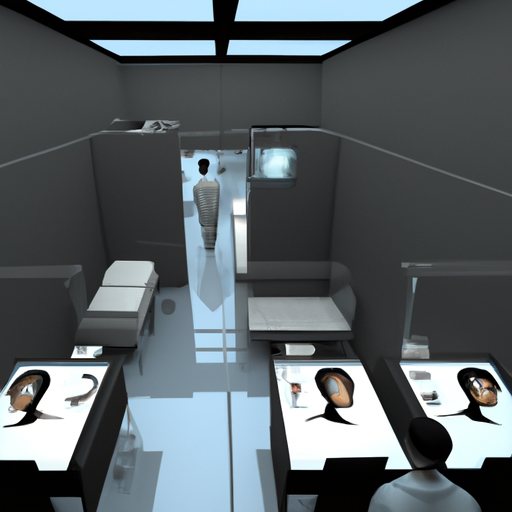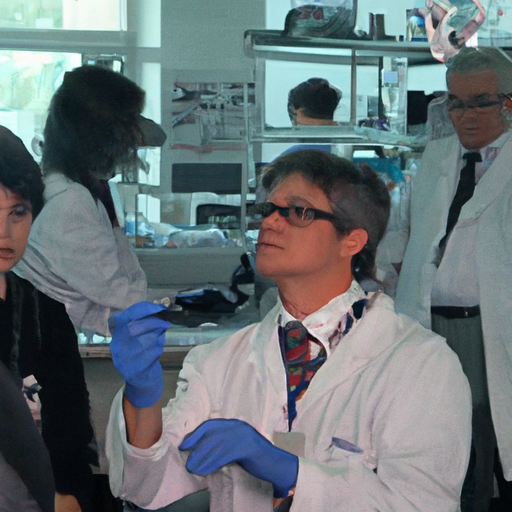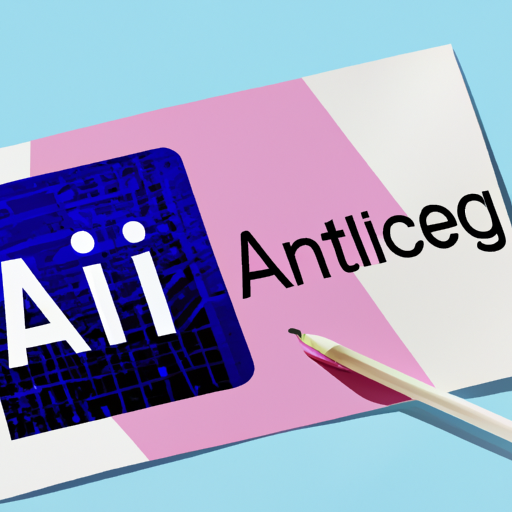In recent years, telemedicine has emerged as a revolutionary force in the world of healthcare. With the advancement of technology and the need for accessible care, virtual health services have made it easier for patients to receive medical attention from the comfort of their own homes. In this blog post, we will explore the benefits of telemedicine, how it differs from traditional healthcare, and its potential to transform health delivery systems worldwide.
What is Telemedicine?
Telemedicine refers to the remote diagnosis and treatment of patients using telecommunications technology. This can involve a variety of methods, including video calls, mobile health apps, and remote patient monitoring tools that allow healthcare providers to interact with patients without the need for an in-person visit.
Benefits of Telemedicine
Telemedicine offers numerous advantages, making it an invaluable tool in modern healthcare:
- Increased Access: Telemedicine breaks down geographical barriers, allowing patients in rural or underserved areas to access quality healthcare.
- Convenience: Patients can consult with their healthcare providers from home, eliminating the need to travel, which can be time-consuming and expensive.
- Cost-Effectiveness: Virtual visits often cost less than traditional in-person visits, reducing expenses for both patients and healthcare systems.
- Improved Healthcare Outcomes: Continuous monitoring and follow-up through telemedicine can lead to better management of chronic conditions.
Telemedicine vs. Traditional Healthcare
While traditional healthcare relies heavily on face-to-face interactions, telemedicine provides a flexible alternative. Both systems aim to deliver quality care; however, telemedicine enhances patient engagement by allowing individuals to communicate with their healthcare providers through various online platforms. This approach can lead to timely healthcare interventions, improving overall patient satisfaction and adherence to treatment plans.
Challenges Facing Telemedicine
Despite its many advantages, telemedicine does face challenges. Issues such as the lack of reliable internet access, security concerns regarding patient data, and regulatory barriers can hinder its growth. However, as technology evolves and policies adapt, these challenges are likely to be addressed.
The Future of Telemedicine
The future of telemedicine looks promising. With ongoing advancements in technology, the integration of artificial intelligence, and an increasing emphasis on patient-centered care, telemedicine is set to become a core component of healthcare systems worldwide. Its ability to enhance patient access and streamline healthcare delivery will ensure that it remains a key player in the future of healthcare.
Conclusion
Telemedicine is transforming the way we approach healthcare, making it more accessible and efficient than ever before. By embracing this technology, healthcare providers can meet the evolving needs of their patients, ensuring that high-quality care is available to everyone, regardless of their location. As we continue to navigate the challenges and opportunities that telemedicine presents, one thing is clear: the future of healthcare is virtual.
For more information on telemedicine and to explore how you can benefit from virtual care, visit our website or contact us today!












